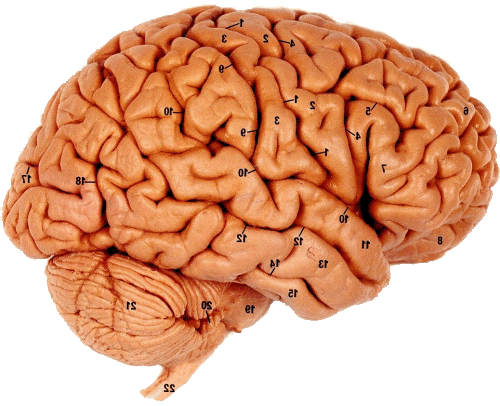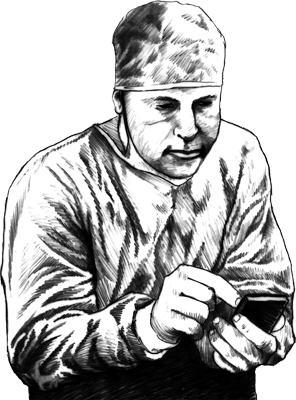Submitted by Dan Keller RN MS on
 When the cognitive load of a job is heavy, the frequency of errors and omissions tends to rise.
The cognitive load of nursing work is substantial yet, until recently, largely unexamined.
We are convinced that research on this topic can drive the development of tools (such as NurseMind) that alleviate the cognitive burden of nursing work.
When the cognitive load of a job is heavy, the frequency of errors and omissions tends to rise.
The cognitive load of nursing work is substantial yet, until recently, largely unexamined.
We are convinced that research on this topic can drive the development of tools (such as NurseMind) that alleviate the cognitive burden of nursing work.
An excellent research paper on this topic is by Potter et al: An Analysis of Nurses’ Cognitive Work: A New Perspective for Understanding Medical Errors. The authors observe, “Omissions in care were recorded when a planned activity identified by the RN was not implemented during the observation period… The RNs averaged four omissions each shift.” (p. 46).
Research in this area is important for the quality of nursing work. They write:
The nurse uses the organizational skill of stacking [mentally managing a number of items competing for attention] to determine which activities to complete and which should remain on hold. The high cognitive stacking load achieved by the RNs in our observations raises concern. With an average cognitive stacking load of 15 activities, it is important to understand whether this affects an RN’s ability to control attention so as to maintain information about the stacked activities in an active, quickly retrievable state. Conceivably a high cognitive stacking load may override the nurse’s ability to appropriately attend to a given patient’s priorities. Similarly, a high stacking load may lead to errors or omissions, particularly when further complicated by a high frequency of cognitive shifts and interruptions.
The paper refers frequently to human factors engineering (HFE) of which it says, "The expertise of human factors engineers has been widely used in industry to improve the operation of complex systems, ...and increase the comfort level of workers. Objectives of HFE are to maximize human and system efficiency, human well-being, and quality of life."
 One of the fundamental and valuable insights of HFE is that recognition is easier than recall
For example, choosing a task from a checklist is easier than remembering to do it.
Especially when you have a fluidly-changing work environment (e.g. as patient statuses change), subject to frequent interruptions (as is well-described in Potter), and care procedures that are often complex and comprise numerous steps. It is a great stress- and error-reducer to have the cognitive support offered by a checklist.
One of the fundamental and valuable insights of HFE is that recognition is easier than recall
For example, choosing a task from a checklist is easier than remembering to do it.
Especially when you have a fluidly-changing work environment (e.g. as patient statuses change), subject to frequent interruptions (as is well-described in Potter), and care procedures that are often complex and comprise numerous steps. It is a great stress- and error-reducer to have the cognitive support offered by a checklist.
This is the foundational concept of NurseMind. It would be valuable to apply it as an intervention (especially as a PICO question) using the methods of Potter. Error and omission rates without and with the NurseMind tool could be measured and the effectiveness of the use of the tool (the PICO intervention) could be measured. We predict that, with NurseMind, these rates would decrease.
- Dan Keller RN MS's blog
- Log in or register to post comments
